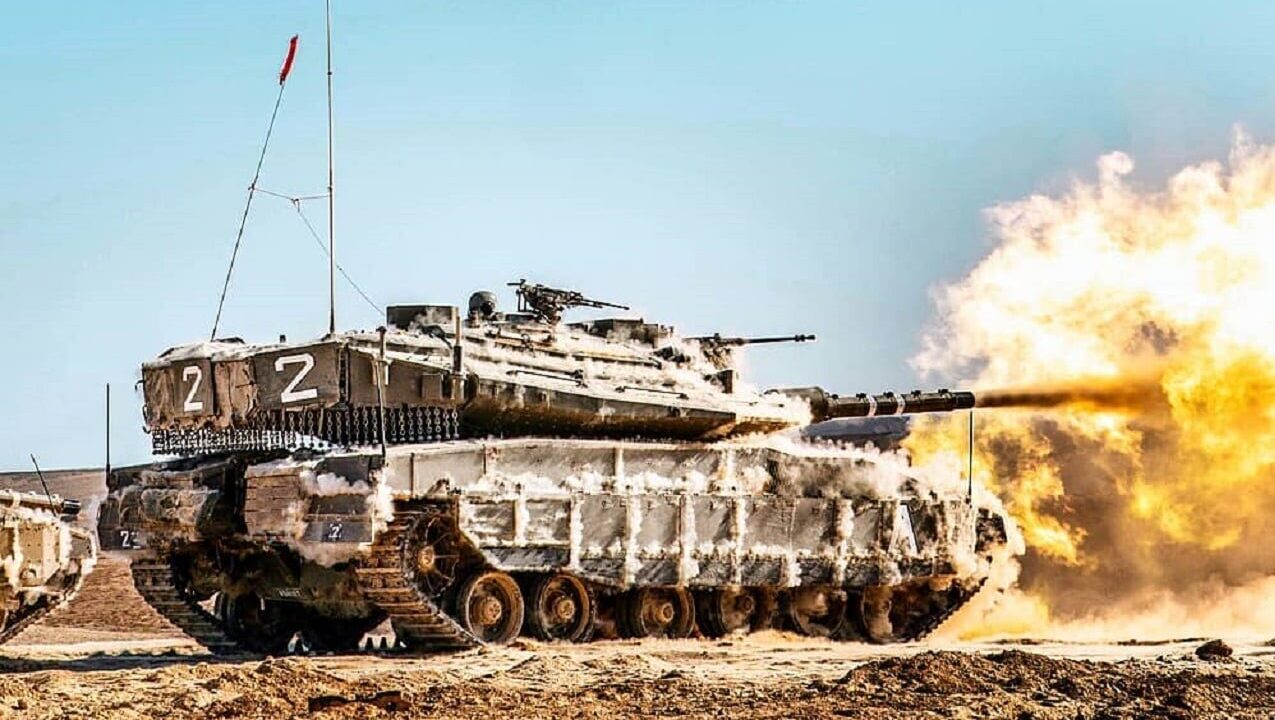Israel will Win, but Then What? – Hamas, the Palestinian Islamist faction that runs the Gaza Strip, has attacked Israel in a sudden, large-scale operation.
It has raided small Israeli towns and settlements near Gaza. It has launched rockets.
Hamas cannot hope to hold territory inside Israel, so the attack seems to be a mix of raiding and terrorism.
Israeli civilians were executed by street militia on camera; hostages were taken, and property was looted.
Israeli Prime Minister Benjamin Netanyahu responded by claiming Israel is ‘at war,’ and Israeli retaliation has already begun. Israeli action will be swift and punishing.
Air strikes have started, and given the size of the Hamas ground incursion, Israelis will likely go in on the ground as well.
Hamas will Lose
Hamas has almost certainly overplayed its hand.
Its executions of civilians will turn global opinion against it. Video images of its militia hunting civilians in the streets are already defining the conflict and make Hamas appear like gangsters and terrorists, not the freedom fighters they wish to be seen as. Turkey and India have already come out in support of Israel. European states, which have traditionally kept their distance from Israeli military action, are supportive, too.
Israel’s military advantage over Gaza is, of course, enormous. Israeli military action will almost certainly target Hamas leadership, training facilities, and rocket-making factories.
Hamas has three possible ways to protect itself:
First, Hamas will use its hostages as human shields. Hamas is ruthless, and Israel is known to swap many Palestinians for just a few Israelis. At least some Hamas hostages are foreigners, which will generate diplomatic costs for Israel if it launches an expansive ground invasion.
Second, global opinion will constrain Israel somewhat. Disproportionate response has long been a critique of Israeli military action in the region. If Israeli military action returns a lopsided casualty count in the coming weeks, Israel will again be criticized. At this moment, however, Israel is led by its most right-wing government ever. It is unlikely to worry about restraint as much as past governments.
Third, Israel does not want to get bogged down in Gaza as it is in the West Bank. A full-scale ground invasion of Gaza could lead to an occupation and insurgency. The Israeli Defense Force already acts as a semi-police force/counterinsurgent in the West Bank. It will be wary of being pulled into another grinding occupation. But the current hard right leadership of Israel might not mind. Netanyahu’s coalition has never been fully comfortable with the 2005 Gaza pullout. Where previous governments sought to jettison Gaza as a quagmire for the army, this one might take advantage of this conflict to reintroduce Israel.
What will Israel do After It Wins?
There is little doubt Israel will win. As Kevin Drum points out, open Israeli-Palestinian conflicts all end the same way – a crushing military victory followed by a cold peace that erupts in conflict again later. Israel can win easily, and it can struggle, mostly successfully, to retain its gains. In the West Bank, the settler movement has slowly entrenched Israeli holdings there. If Netanyahu’s hard-right government wanted to return to Gaza in force, it could do so.
But these periods of peace between conflicts increasingly look like interregna, not durable settlements. Regular one-sided military contests – Palestinian radicals crushed, with some civilian losses on the Israeli side – is the bizarre status quo both sides seem to have fallen into. Netanyahu appears to see this as a stable equilibrium. It allows him to informally hold the West Bank – without controversial outright annexation – while endlessly deferring the question of the Palestinians’ final status.
A Two-State Solution is Still the Only Enduring Answer
A more enduring solution – building an actual peace instead of inter-war pauses – would require some kind of permanent settlement for the Palestinians. The US and much of the world have long supported a two-state peace plan in which the Palestinians would have their own state next to Israel. Netanyahu’s coalition opposes this, and Israeli opinion is slowly drifting rightward on this question.
Hence, it is easy to see yet another conflict in a few years. Israel cannot permanently defeat Palestinian nationalism. It can crush Hamas this week, but some remnant will survive, and it will reconstitute itself. There will always be alienated young men ready to fight. This conflict is being called a turning point, but that has been said about events like the intifada, the Oslo Peace Accords, and Israel’s 2014 incursion into Gaza. This will happen again.
Dr. Robert E. Kelly (@Robert_E_Kelly; RoberEdwinKelly.com) is a professor in the Department of Political Science at Pusan National University and 19FortyFive Contributing Editor.

